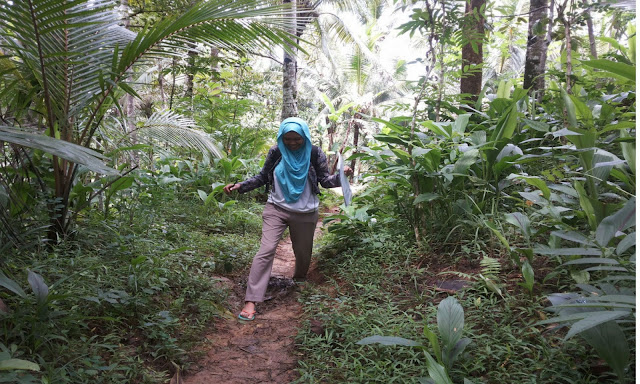
CDC Global Health
Comes from the malaria-affected region the past year and you develop flu symptoms or chills. Please tell your family doctor as soon as possible. May deteriorate malaria symptoms if misdiagnose, so important to get the correct treatment.
What is malaria?
Caused by parasites of the malaria parasite since malaria is a tropical infectious disease. Infected female Anopheles mosquitoes scattered, and if not diagnosed and treated, malaria can be fatal.
Where is common malaria?
Tropical and subtropical regions, malaria spread in over 100 countries and regions. The Anopheles mosquitoes reproduced. Including sub-Saharan Africa, Central, and South America, the Caribbean, Southeast Asia, and the Pacific Islands. These areas, malaria transmission does not occur at high altitudes or in deserts.
What causes malaria?
When the infected female Anopheles squid bites, the Plasmodium parasite released into your body. When the parasite enters the bloodstream then enter the liver infection develops. The blood re-enters and infects red blood cells. Red blood cells Parasites, multiply releasing more parasites into the bloodstream cause them to explode. The symptoms parasites multiply worsen and spread.
Uninfected female Anopheles mosquito bites an infected person. Infect and spread malaria to other itchy people. Cannot send from the person to a person since Malaria is not contagious. Can send through blood transfusions and shared needles. Can infect malaria to unborn babies from an infected mother.
What are the symptoms of malaria?
The incubation period of Malaria symptoms occurs 7 to 18 days after bitten and infected. Reach up to a year malaria symptoms develop. The Plasmodium parasite that infects you depend on the antimalarial drugs you take.
The symptoms of malaria similar to the flu and may include:
The many good reasons you should travel to Asia
- Fever,
- headache,
- stomach pain,
- diarrhea,
- vomiting,
- chills and sweating,
- general malaise,
- loss of appetite,
- coughing.
Southeast Asia
A 48-hour cycle decides symptoms of Malaria. The onset of these symptoms lasts 6 to 12 hours, including three stages. Chills, fever and headache, and severe sweating and fatigue.
How can I prevent malaria?
Malaria prevention, avoid bitten by any mosquitoes. Two best ways to prevent malaria. One avoids being bitten by mosquitoes and taking anti-malarial drugs.
What drugs can treat malaria?
No malaria vaccines available prevention right things to do. Important to take anti-malarial medications before travel to reduce the chance of infection. Take the drugs proven effective. Malaria prevention necessary to avoid mosquito bites.
Know your destination if Antimalarial drug required. What malaria is present and whether the mosquito is resistant to certain antimalarial drugs. Please consult your doctor or pharmacist to make sure you can correct the medication. Pay close attention to each drug it owns a different description.
The most popular anti-malarial drugs:
- Doxycycline
- Paludrine / Avloclor
- Malarone
Start your medication before you travel to make sure proper protection, so apply online now. Comes from a malaria-affected region and learn infected, consult your family doctor no delay. Proper medical care Malaria can treat and cure.
Source: This Week's Top Stories About Malaria Symptoms

No comments:
Post a Comment